자연과학대학 - 생명과학과
-
 more
more
-
- 031-299-4495
- jykwon@skku.edu
- 제2과학관32동 2층 32257호실
-
[관심분야]
All animals are born with a set of instincts, or innate behaviors, and our main questions are how complex behaviors are organized in the nervous system and how they are programmed during development. For this, the chemosensory system would be one of the most excellent models. Smell and taste are known to be important for sensing predators, selecting mates as well as finding food. We would like to trace the neuronal pathways that mediate a complex instinctive behavior such as feeding, from sensory input through to motor output. We are using the fruit fly as a model system to study chemosensation.
-
more
-
- 031-299-4499
- sonchus96@skku.edu
- 제2과학관32동 1층 32105호실
-
[관심분야]
I am primarily interested in systematics and evolutionary biology of plants. In particular, I am interested in the origin and evolution of plant endemics on oceanic islands, including the Macaronesian Islands in the Atlantic Ocean and Jeju and Ulleung Island in Korea. I am also interested in revealing complex evolutionary history of polyploidy and homoploidy lineages of flowering plants. Additional research interests include conservation genetics of rare and endangered species, population genetics of invasive weedy species, ethnobotany, plant domestication, and phylogeography of east Asian plants. A variety of techniques and molecular markers are utilized to unravel the phylogenetic patterns and underlying processes generating plant diversity.
-
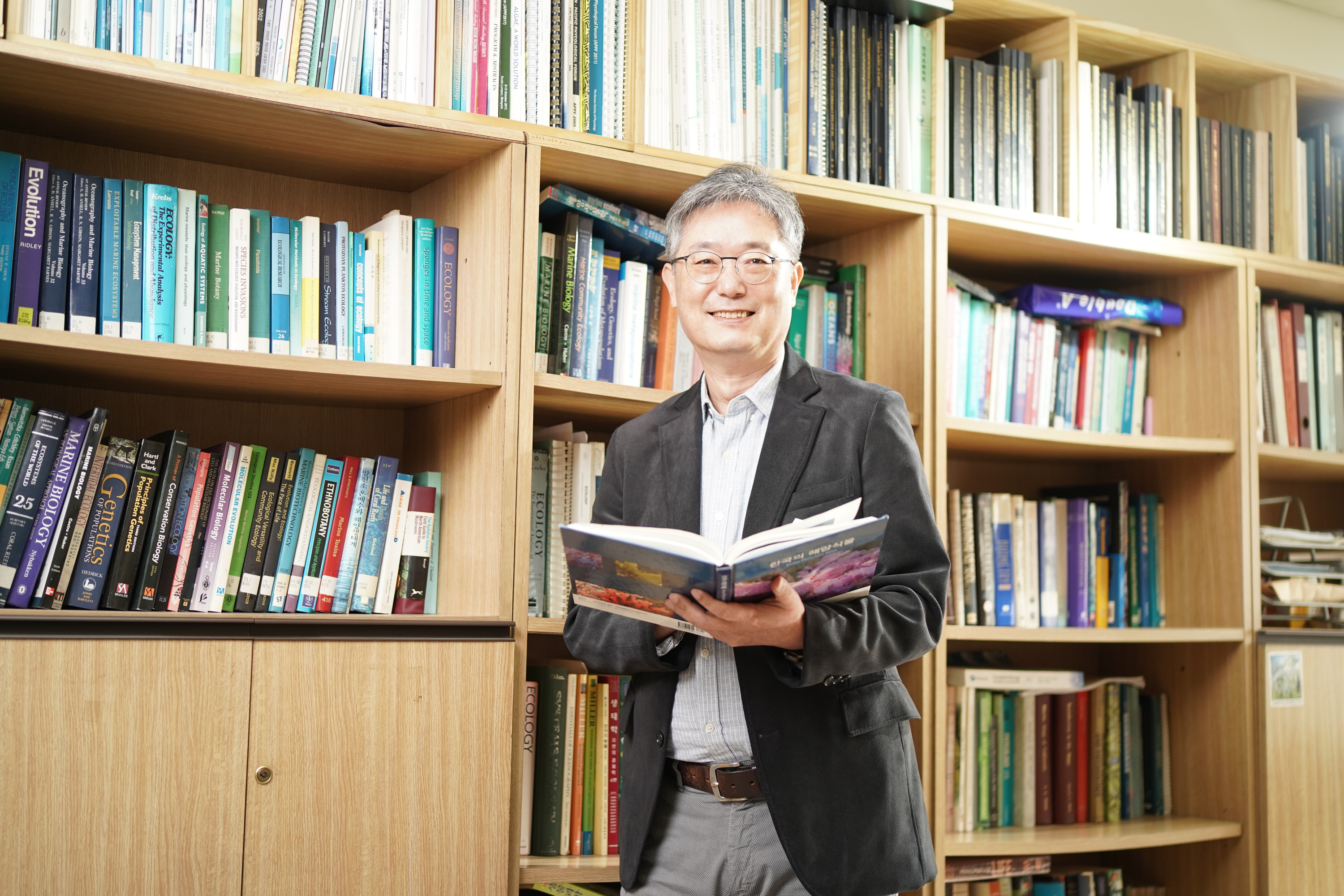 more
more
-
- 031-290-7009
- jhkbio@skku.edu
- 제2과학관32동 1층 32111호실
-
[관심분야]
Marine Ecology Laboratory of Sungkyunkwan University carries out a variety of research projects concerning Korean marine environments, which include 1) ecological monitoring of marine benthic habitats with regard to global warming and seawater temperature changes, 2) population ecological works of introduced species and endangered species for their conservation perspectives, 3) molecular ecological works on populations of seaweeds and marine invertebrates, 4) urchin barrens (백화현상) and recovery of kelp forest. Most of these projects have been conducted with international and domestic research co-work teams. Researches in my lab covers from field experimental works to molecular ecological works.
-
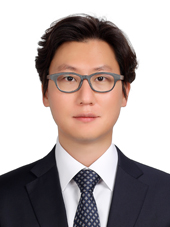 more
more
-
- 조교수 생명정보학, 계산유전체학
- 김준호
-
[관심분야]
계산유전체학, 생명정보학, NGS 분석기법 및 알고리즘 개발, 체성 돌연변이 분석, 단일 세포 유전체학
-
more
-
- 조교수
- 김진섭
-
- 031-290-7014
- 제2과학관32동 3층 32362호실
-
[관심분야]
커넥토믹스: 뇌세포와 신경회로의 구조와 기능 계산신경과학: 신경 미세회로의 연산 기전 지각, 인지, 행동 등 뇌기능의 생물학적-물리적 근원
-
more
-
- 031-290-7002
- chkimbio@skku.edu
- 제2과학관32동 1층 32103호실
-
[관심분야]
Research interests are the field of glycomics and glycobiology, expecially on sphingolipid, ceramide and sialic acid-containing sphingolipids, ganglioside. Academic findings: Hepatic B Viral hepatocarcinoma and PTEN (Cancer Res 2003), asialo-1 acid glycoprotein in liver cirrhosis and carcinoma (Hepatol Res, 2003), GlcNAc:βMan1,4GlcNAcT-III in hepatitis (Glycoconj J, 2003), MMP-9/2 and α-fetoproteins in HBV hepatitis (J. Gastroent Hepatol 2004), HBV metastatic (FASEB J. 2004), Hepatic GnT-V and GnT-III-ApoB100 (JBC. 2004), Disialo GD3 in VSMC (JBC. 2004), therapeutic hepatocarcinoma cells (FASEB J. 2004), TG-2 in leukemia (FEBS Lett. 2004), N-GlcNAcT-III in HBV (J Gastroent Hepatol, 2004), Monosialyl GM3 in leukemic differentiation (Glycobiology 2005), MMP-9 in IVF (British J Obstetrics and Gynecol. 2005), disialo GD3 Fas-T cells (Glycobiology 2006), GM3 in PTEN (Glycobiology 2006), ROS in sialic GD3-cell (FASEB J 2006), AP-2a in GM3-PTEN (Glycobiology 2008), sialidase in leukemia (BBA 2008), GM3-VEGFR-2 interaction (Glycobiology 2009), GD3 in breast cancer (Biological Chemistry 2009), pig CMAH and N-glycolylneuraminic acid (Biochem J 2010), pST6GalNAc IV for Neu5Aca2-3Galb1-3GalNAc (Glycoconj J 2011), GM3 in TGF-β1-induced EMT (Biochem J. 2013), VEGFR-2 in neovascularization (J Mol Medicine 2013), monosialyl GM3 (Plos One 2014) and TGF-receptor (Int. J. of Biochem. Cell Biol. 2014), Sialyl Le A/X of HBx (Mol Cancer 2014, J Cell Biochem 2015). Housekeeping promoter 5'pcmah-2 of CMP-NeuGc gene (Glycoconj 2016), GD1b Apoptosis of MCF-7 (IJMS 2016), Human ST8Sia VI (α2,8-Sialyltransferase) Gene (IJMS 2016), GD2-ICAMI (IJMS 2017), Sialyllactose VEGFR-2 activation, GD3/a1AR/TG2, AApoB100-GM3, GM3-macrophage (JCB, 2017, 2018), Sirt1-FcεRI- mast cell AMPK (Sci Rep, 2017), ASC/LPS (PloS One 2017), 4-o-cASC (JCB, JSMB 2018), SARS-CoV-2-sialylation. Lectin-Glycan (IJMS, 2020),CMP-NeuGc (Sci Rep 2019), AC (FP), 3-SL-sIGLEC (Glycoconj J 2020), Avc(FP, 2021, IJMS 2021)
-
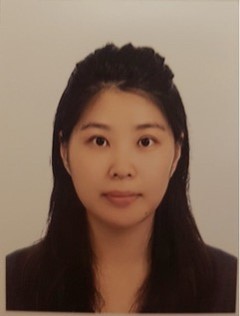 more
more
-
- 부교수
- 김홍숙
-
- 제2과학관32동 1층 32110호실
-
[관심분야]
암생물학, 발생생물학, 후성유전학, 유전체학, 정밀의료, 유전자 발현
-
 more
more
-
- 031-290-5912
- parks@skku.edu
- 제2과학관32동 3층 32366호실
-
[관심분야]
TGF-beta is a pivotal cytokine which is involved in a variety of cellular functions. Our group has been focused on the signaling pathways mediated by TGF-beta superfamily cytokines regarding cancer progression and anti-inflammation during the past decade. Our current research focuses on the identification of novel mechanism of TGF-beta or BMP-mediated tumorigenesis and metastasis. In addition, we are also doing the studies about how specific signaling pathways in the inflammation and cancer biology are regulated by ubiquitination and deubiquitinating mechanism. Through these diverse approaches, the final goal in our group is to understand the molecular mechanisms regarding cancer and inflammation and subsequently to identify therapeutic target proteins to treat cancer and inflammation.
-
 more
more
-
- 교수 감염 및 염증질환
- 배외식
-
- 031-290-5914
- yoesik@skku.edu
- 제2과학관32동 3층 32302B호실
-
[관심분야]
We are interested in the development of bioactive molecules that can be used to treat infectious or inflammatory diseases. Our major target diseases include polymicrobial sepsis, rheumatoid arthritis, inflammatory bowel disease, and colon cancer. To generate useful target molecules that can be used to develop therapeutic agents against these infectious or inflammatory diseases, we are focusing on several chemoattractant G-protein coupled receptors (GPCRs). Since leukocyte trafficking in vivo is a crucial event that modulate immune and inflammatory responses, and chemotactic GPCRs mediate these response, the receptors can be considered as important primary targets to control infectious or inflammatory disorders. Currently, we are testing the effects and mechanism of action of chemotactic GPCR ligands against these diseases in experimental animal models.
-
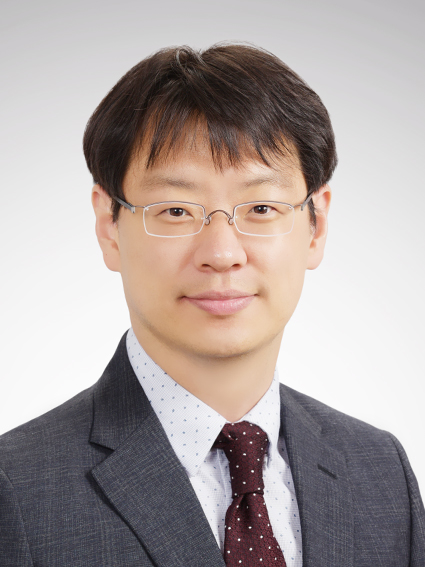 more
more
-
- 부교수
- 양시영
-
- 031-219-5924
- yangsy@skku.edu
- 제2과학관32동 1층 32108호실
-
[관심분야]
관절염 자가면역질환 치료제
-
more
-
- 교수 분자진화학
- 윤환수
-
- 031-290-5915
- hsyoon2011@skku.edu
- 제2과학관32동 3층 32351A호실
-
[관심분야]
Hwan Su Yoon is an Associate Professor in the Department of Biological Sciences at Sungkyunkwan University, Korea. He received his PhD in biology from Chungnam National University. After research training at the University of Iowa, he worked at the Bigelow Laboratory for Ocean Sciences. His research interests include eukaryotic biodiversity, phylogeny, single cell genomics, and genome evolution, with a focus on red algae and red algal plastid descendants (e.g., the cryptophytes, haptophytes, stramenopiles, and dinoflagellates).
-
 more
more
-
- 조교수
- 이대한
-
- 031-290-5923
-
more
-
- 031-290-5913
- sangholee@skku.edu
- 제2과학관32동 1층 32116호실
-
[관심분야]
Life is controlled by a milieu of macromolecular interactions. We focus on understanding structural basis for protein interactions and their applications using a variety of biophysical and biochemical techniques such as crystallography and solution scattering as well as standard techniques in molecular cell biology. We study proteins interactions in ubiquitin signaling, host-pathogen relationship and abiotic stress response signaling. We also develop mini-antibody based bionano sensors for both diagnostic and therapeutic purposes.
-
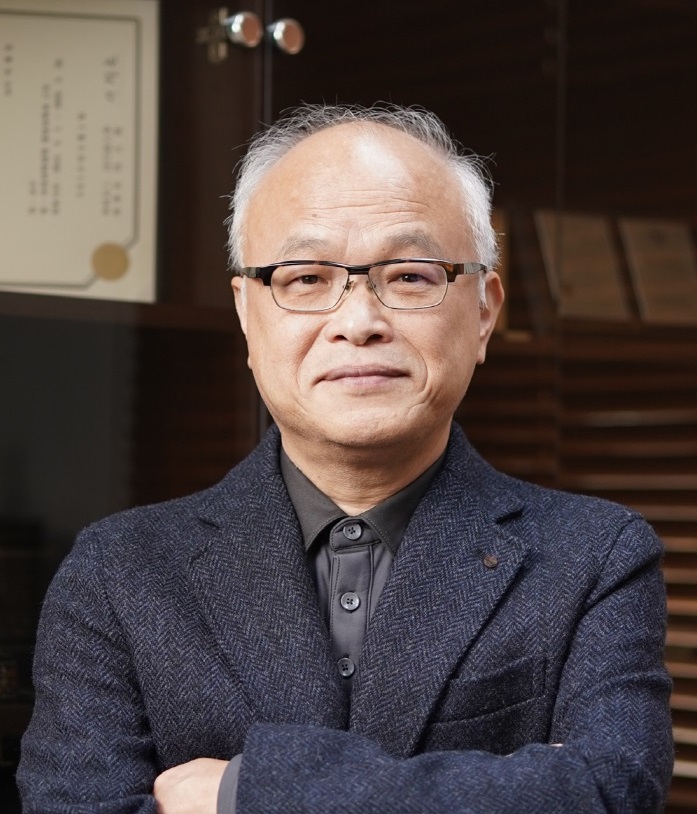 more
more
-
- 교수 분자환경생물학
- 이재성
- 2021 SKKU Fellowship
-
- 031-290-7011
- jslee2@skku.edu
- 제2과학관32동 3층 32312호실
-
[관심분야]
Epigenetics, Host-microbiome interaction, Ocean acidification, Microplastic, Hypoxia
-
 more
more
-
- 부교수
- 임화선
-
- 031-290-5921
- wlim@skku.edu
- 제2과학관32동 1층 32107호실
-
[관심분야]
세포신호전달, 분자발생학, 분자약리학, 독성학, 생식의학
-
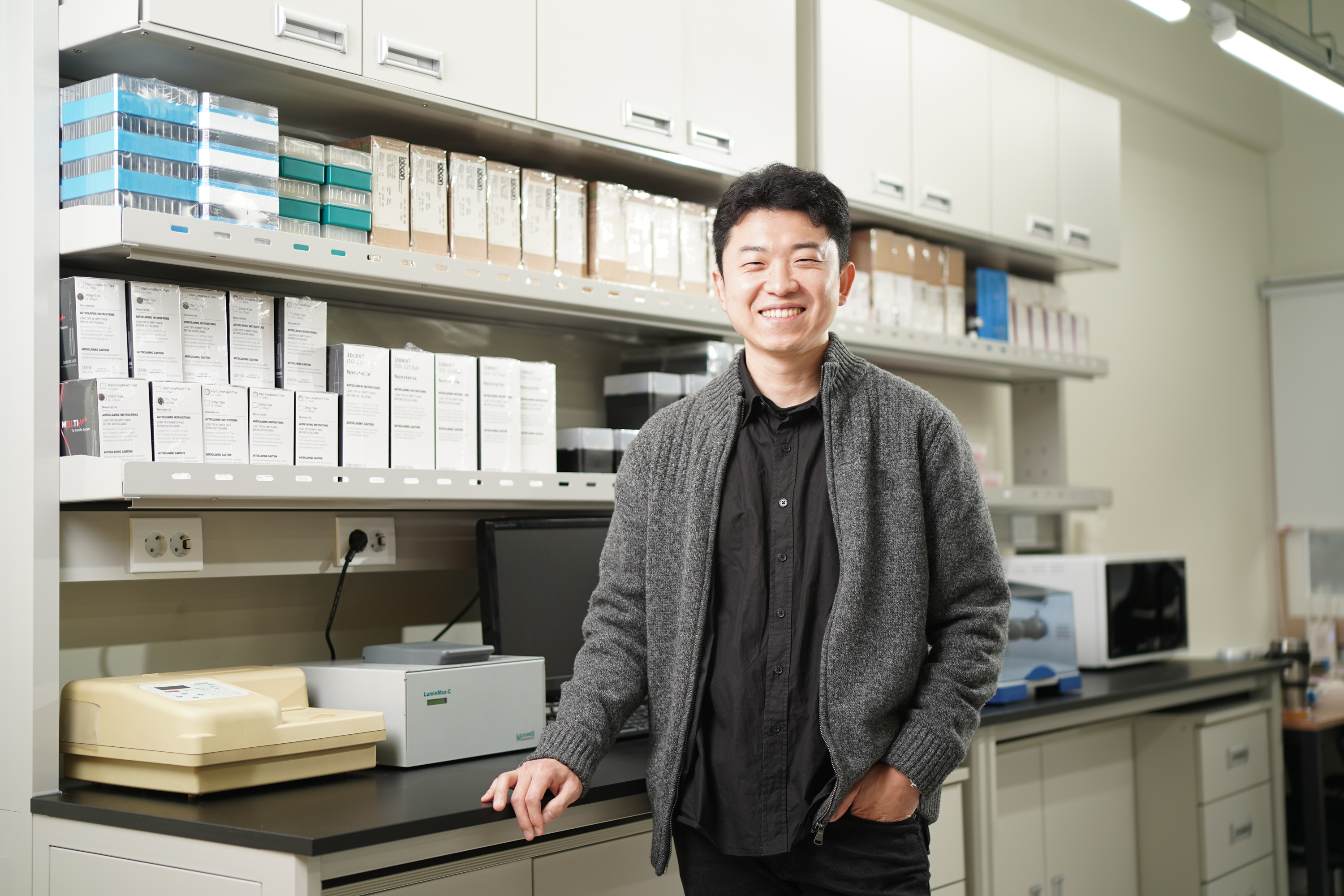 more
more
-
- 조교수 대사생화학, 분자세포생물학
- 정수명
-
- 031-290-7001
- sumyung.jung@skku.edu
- 제2과학관32동 2층 32209호실
-
 more
more
-
- 조교수 식물 생화학
- 정재훈
-
- 031-290-7013
- jhjung19@skku.edu
-
[관심분야]
식물 프리온 단백질의 온도센서로서의 역할 규명 상분리 기작을 통한 식물 온도인지 메커니즘 연구 온도신호 전달물질로 기능하는 활성산소 물질 연구
-
more
-
- 부교수
- 조홍백
-
- 031-299-4498
- hongbaek@skku.edu
- 제2과학관32동 2층 32208호실
-
[관심분야]
세균 세포벽 합성 기전 그람음성균의 cell envelope 합성 기전 및 온전성 유지 기전 항생제 내성 및 퍼시스턴스 기전
-
 more
more
-
- 031-290-7010
- choicy@skku.edu
- 제2과학관32동 2층 32205호실
-
[관심분야]
Phosphorylation and ubiquitination are reversible post-translational modifications with key roles in various signal transduction cascades. Currently, cancer cell-specific metabolic adaptation is a hot issue to be addressed. The mammalian target of rapamycin (mTOR) signaling pathway integrates both intracellular and extracellular signals and serves as a central regulator of cell metabolism, growth, proliferation and survival. The mTOR pathway is activated during various cellular processes such as tumor formation and angiogenesis, insulin resistance, adipogenesis and is deregulated in human diseases such as cancer and diabetes. Although ubiquitination of target protein plays a critical role in other cellular activity during tumorigenesis, little is known about functional relevance of ubiquitin-mediated coordination of mTOR pathway and autophagy induction. So we have interested in the deciphering molecular networks of signaling pathway particularly associated with human diseases caused by malfunction of nutrient sensing.

